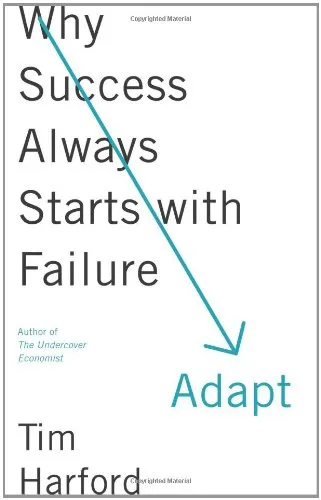Book of Extremes: Why the 21st Century Isn’t Like the 20th Century
4.0
Reviews from our users

You Can Ask your questions from this book's AI after Login
Each download or ask from book AI costs 2 points. To earn more free points, please visit the Points Guide Page and complete some valuable actions.Related Refrences:
Introduction to "Book of Extremes: Why the 21st Century Isn’t Like the 20th Century"
The 21st century has ushered in a new era, one that’s vastly different from the structured, predictable world of the 20th century. In "Book of Extremes: Why the 21st Century Isn’t Like the 20th Century," Ted G. Lewis explores how our world is no longer defined by averages and central tendencies, but by extremes and outliers. This profound shift is affecting everything, from technology and economics to culture and human behavior. By navigating readers through the explosive world of extremes, the book provides a lens to understand today’s complex phenomena, redefining how we perceive order, predictability, and stability.
The book delves deep into the concept of extreme behavior in systems—where rare, extraordinary events often define the overall picture more than the "normal" or average occurrences. Lewis masterfully combines principles from complexity science, network theory, and history to explain why typical rules and patterns of the past are giving way to the unpredictability of extremes today.
Detailed Summary of the Book
The "Book of Extremes" begins by laying the foundation for understanding why traditional statistical methods and linear models struggle to explain today’s world. The 20th century thrived on the concept of normal distributions—bell curves that predicted most outcomes would fall toward the average. However, the 21st century is increasingly dominated by power-law distributions and unpredictable dynamics where rare, extreme events play disproportionate roles.
Through accessible language and engaging examples, Ted G. Lewis explains the mathematical underpinnings of extremes and applies these ideas to fields like technology, economics, politics, and global crises. Each chapter builds on the thesis that "normal" has become obsolete. Examples range from financial market crashes and the rise of tech conglomerates to natural disasters and cultural phenomena, showcasing how extremes dominate headlines and histories alike.
Lewis uses the lens of network science to illustrate how interconnectedness amplifies extremes. Highly connected systems—whether they be social networks, global trade, or information systems—are inherently prone to disproportionate impacts from rare events. For example, a viral tweet can generate global ripples, or a single failure in a power grid can cascade into widespread blackouts.
By grounding his insights in research and contemporary events, Lewis offers not only a diagnosis of this "Age of Extremes" but also practical tools to navigate it. From business innovation to environmental resilience, he emphasizes that embracing extremes, rather than resisting them, is key to thriving in our rapidly changing world.
Key Takeaways
- The 21st century is defined by extremes, not averages. Traditional notions of predictability and "normality" are no longer applicable in many domains.
- Highly connected networks amplify the impact of rare events, making extreme phenomena more frequent and powerful than ever before.
- Understanding the principles of complexity science and network theory is essential to making sense of today’s uncertain and chaotic world.
- Adaptability and resilience are critical skills for individuals, organizations, and nations in the age of extremes.
- Rather than resisting extremes, embracing and leveraging them can be the key to innovation and progress in the 21st century.
Famous Quotes from the Book
"The 20th century was a century of averages; the 21st century is the century of extremes."
"In a world of extremes, the rare and exceptional dominate the ordinary and average."
"Only by understanding the power of interconnectedness can we hope to predict and embrace the effects of extreme events."
Why This Book Matters
In an era characterized by rapid technological advancements, political polarization, economic instability, and climate change, "Book of Extremes" offers an indispensable guide to framing the chaos of modern life. The 20th-century worldview, rooted in predictability and equilibrium, no longer applies to many aspects of our lives. From navigating volatile financial markets to understanding the exponential growth of technology, Lewis’s insights have far-reaching implications.
More than just a theoretical analysis, this book equips leaders, entrepreneurs, academics, and citizens with the tools needed to understand and thrive in a world where the only constant is change. By reshaping how we think about predictability, normality, and risk, "Book of Extremes" challenges readers to embrace a mindset of adaptability and innovation—core tenets for succeeding in the 21st century.
Ultimately, Ted G. Lewis demonstrates that by reconsidering our assumptions about stability and the "average," we can better navigate a world increasingly defined by extremes and outliers. This book is a wake-up call to rethink how we perceive complexity, interconnectedness, and our collective future.
Free Direct Download
You Can Download this book after Login
Accessing books through legal platforms and public libraries not only supports the rights of authors and publishers but also contributes to the sustainability of reading culture. Before downloading, please take a moment to consider these options.
Find this book on other platforms:
WorldCat helps you find books in libraries worldwide.
See ratings, reviews, and discussions on Goodreads.
Find and buy rare or used books on AbeBooks.
1568
بازدید4.0
امتیاز0
نظر98%
رضایتReviews:
4.0
Based on 0 users review
Questions & Answers
Ask questions about this book or help others by answering
No questions yet. Be the first to ask!
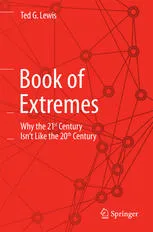
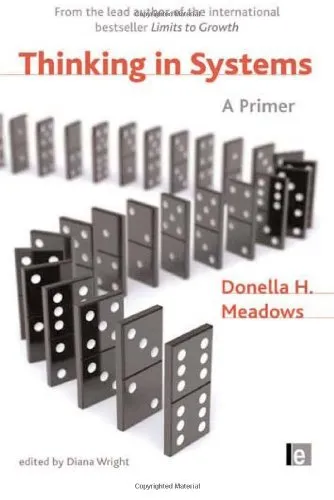
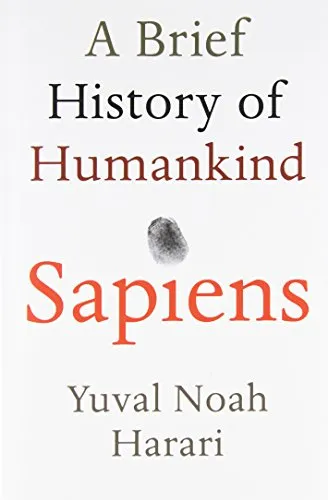
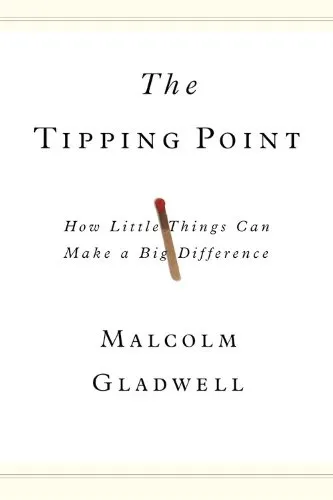

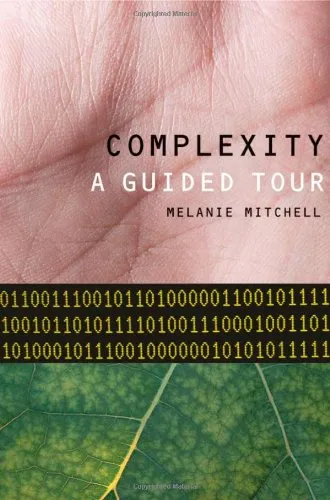
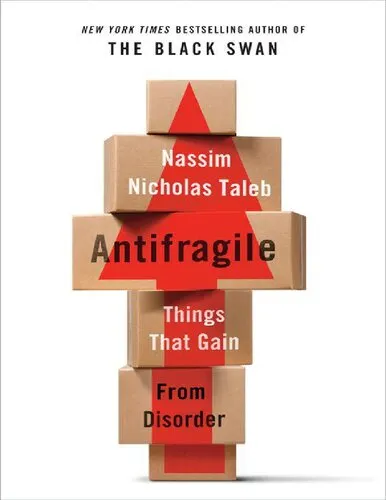
![The Black Swan. The Impact of the Highly Improbable [probability]](https://s3.refhub.ir/images/thumb/The_Black_Swan__The_Impact_of_the_Highly_Impr_8595.webp)


